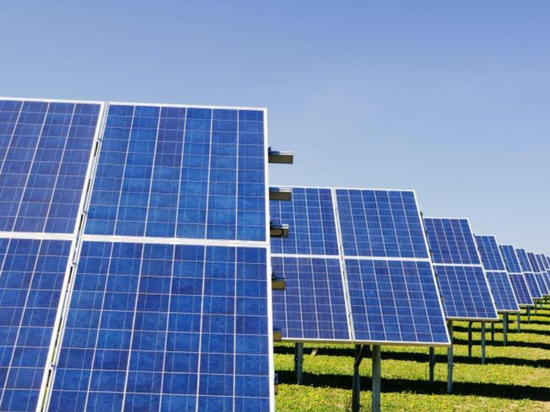
#Industry News
In Germany, photovoltaic power generation accounted for 29% in June, and renewable energy accounted for 64% of the power structure
In Germany, photovoltaic power generation accounted for 29% in June
According to Agora Energiewende's assessment, Germany's renewable energy power generation accounted for 64% in June, of which photovoltaic power generation alone accounted for 29%, and photovoltaic power generation in June reached 9.4 TWh.
Compared with June last year, the proportion of renewable energy in the German power structure has increased from 47% to 64%, and the proportion of photovoltaic power generation has increased from 21% to 29%.
In addition, wind power generation on land accounts for 15% (11% in June 2022), and offshore power plants account for 4% (3%). Biomass reached 10% (8%) and hydropower 6% (4%).
According to the energy graph from the Fraunhofer Institute for Solar Energy Systems ISE, renewable energy accounted for almost 58 percent of the electricity mix in the first half of 2023. However, compared with the previous six months, the generation of renewable energy decreased slightly month-on-month, but the share of renewable energy still increased due to the continuous shrinkage of fossil energy.
In June, German photovoltaic power generation reached 9.4 TWh, an increase of 1 TWh compared to June 2022. Agora Energiewende believes that this increase is mainly due to the substantial increase in photovoltaic installed capacity since July last year. Since July 2022, German photovoltaic installed capacity has increased by 8.2GW. In addition, high radiation this year has also increased German photovoltaic power generation.
The agency also cited two reasons for the growth in photovoltaics: the energy crisis has stimulated demand for fossil-free energy solutions, and tax breaks for small factories have also had an impact.
Agora Energiewende said coal-fired generation was reduced to 7.4 TWh as renewable energy was ramped up. The agency noted that compared with June 2022, CO2 emissions from power generation production have been reduced by 6 million tonnes, or 36% year-on-year.







